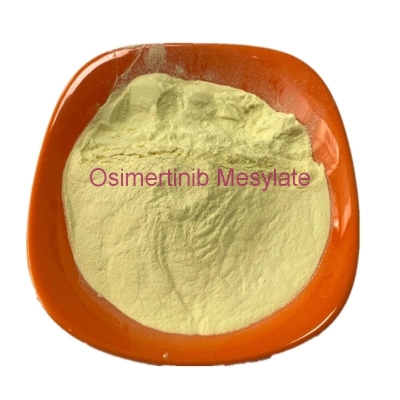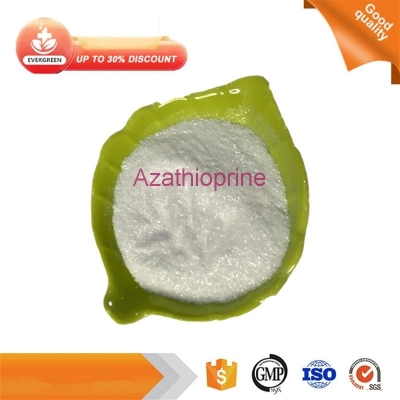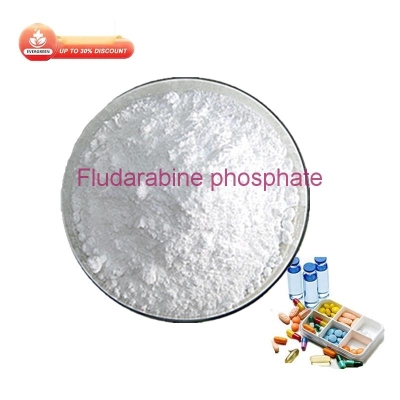-
Categories
-
Pharmaceutical Intermediates
-
Active Pharmaceutical Ingredients
-
Food Additives
- Industrial Coatings
- Agrochemicals
- Dyes and Pigments
- Surfactant
- Flavors and Fragrances
- Chemical Reagents
- Catalyst and Auxiliary
- Natural Products
- Inorganic Chemistry
-
Organic Chemistry
-
Biochemical Engineering
- Analytical Chemistry
- Cosmetic Ingredient
-
Pharmaceutical Intermediates
Promotion
ECHEMI Mall
Wholesale
Weekly Price
Exhibition
News
-
Trade Service
Editor: Koyuan
Medical pulse collation, please do not reprint without authorization!
The European Society of Medical Oncology (ESMO) Annual Meeting is the most prestigious and influential oncology conference
in Europe.
The 2022 ESMO Conference will be held in person (Paris, France) and online from September 9 to 13, 2022, covering basic research, translational research and the latest clinical research progress, providing a broad and excellent academic platform
for clinical practice and multidisciplinary discussion.
The PACIFIC study is of epoch-making significance, but there are still some questions that remain unanswered, and the post-hoc subgroup analysis of the study concluded that the benefit of consolidation immunotherapy in driver-positive stage III unresectable
for patients with such EGFR-sensitive mutations.
At this year's ESMO conference, a study explored the efficacy
of
Details are as follows:
background
Based on the results of PACIFIC studies, the current standard of care for patients with unresectable locally advanced stage III
.
However, patients with EGFR mutations do not respond well
to duvalumab therapy.
method
This is a non-randomized, open-label, single-arm, phase 2, prospective study
.
Eligible patients are treatment-naïve, inoperable stage III EGFR mutation NSCLC
.
Received osimertinib (80 mg) for 12 weeks
before definitive radiotherapy and / or surgery.
Efficacy
was assessed at baseline, at weeks 6, and at week 12, respectively.
Responders (if downgraded to IIIA) are scheduled to undergo definitive sequential radiation therapy or surgery
.
Non-responders begin to receive deterministic CRT
.
After RT± surgery or CRT, patients are followed up without adjuvant therapy
.
The primary endpoint was objective response rate (ORR), data as of 22 February
2022.
Secondary endpoints included gross tumor volume (GTV) and planned target volume (PTV), comparing V20% and safety
before and after osimert therapy.
The median follow-up was 16.
7 months
.
Study design
outcome
This preliminary analysis included 20 patients, including 16 women, with a median age of 72 years
.
Fifteen patients never smoked, all had lung adenocarcinoma, 14 had exon 19 deletion, and 6 had exon 21 mutations
.
There were 9 patients, 6 cases, 3 cases and 2 patients with stage IIIA, stage IIIB, IIIC and IVA oligometastases
.
The ORR was 94%, with 16 patients achieving partial response (PR) and 1 having disease progression (PD).
Table Efficacy analysis
Of the 11 patients who started radiotherapy after induction therapy, 9 completed radiotherapy and 2 were still receiving radiotherapy
.
Two patients with pT1aN0 underwent surgery, one of whom underwent surgery after radiotherapy, and one patient did not receive radiotherapy
.
Four patients did not receive radiotherapy (2 were not suitable, 2 refused to receive radiotherapy).
The median GTV, PTV, and V20% before osimertinib were 48.
9 cm3 (13.
5-234.
9), 323 cm3 (81.
4-929.
2), and 34.
3% (12.
8-60.
3),
respectively.
After osimertinib treatment, these variables decreased to 33.
5 cm3 (2.
99-137.
7; 31.
5% less), 202.
3 cm3 (55.
1 to 718.
1; 37.
36% less), and 28.
5% (18.
05-44.
15; 17% less).
No specific serious adverse events (SAEs)
were reported during osimertinib or radiotherapy.
Table Radiological response in 8 patients who completed RT treatment
conclusion
Osimertinib induction therapy is effective and feasible
for stage III EGFR-mutated NSCLC.
This chemotherapy-free regimen is a potential and promising treatment option
for achieving a downstage of locally advanced, nonoperable, EGFR-sensitive mutation NSCLC.
This regimen reduces the extent of radiotherapy, protects lung tissue, and reduces radiotherapy-induced toxicity
.
The possibility of this new chemotherapy-free regimen as an alternative
to the treatment of EGFR-sensitive mutation CRT should be further explored.
Reference: 951P-Induction osimertinib followed by definitive sequential radiation therapy and/or surgery in unresectable EGFRmutant stage III NSCLC: An open-label, single-arm, phase II study.
2022 ESMO.







